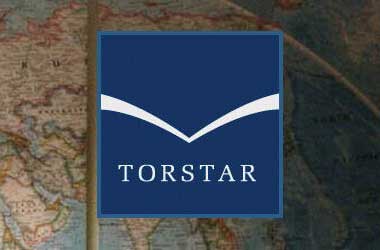BCLC Finally Reveals Reason Behind 2010 Record Fine

FINTRAC penalized the B.C. Lottery Corporation (BCLC) for violations of the Proceeds of Crime and Terrorist Financing Act, to the tune of $700,000 in 2010. It was the largest fine levied against a provincial gaming corporation.
FINTRAC later rescinded the fine after tangling with BCLC in court, but the facts concerning BCLC’s suspected money laundering activities have remained concealed for the past decade.
Now, the BCLC, of its own volition, has released the documents detailing the company’s issues with money laundering. B.C. Attorney General David Eby praised the release, but said that they should have been released years ago.
Eby has spoken with BCLC’s board of directors, pushing for the disclosure.
BCLC
BCLC Casinos Routinely Ignored Signs of Money Laundering
The released documents state there were seven chief issues with BCLC’s oversight on the province’s casinos. According to FINTRAC, large cash transactions may be a sign of money laundering, which is why they asked BCLC to report customers who engaged in suspicious financial behavior.
A major audit later revealed that casino staff were ignoring high risk bets from clients, under-reported cash transactions over $10,000, and accepting action from high roller who refused to share details about the sources of their funds. It is estimated that up to $1 billion in dirty money was cleaned by being played through Canadian casinos in the past decade.
Among the released documents are a series of internal communications between BCLC and FINTRAC, in which BCLC entreated FINTRAC to rescind the fine and keep their shortcomings from the public eye. According to BCLC’s president and CEO at the time, Michael Graydon, publicly revealing the failures of the BCLC could attract even more money launderers to B.C.’s casinos.
Mike Larsen, who heads the B.C. Freedom of Information and Privacy Association (FIPA), stated that this argument does not make sense. Larsen said that money laundering is not a trade secret, and that releasing the documents would not make B.C. casinos more attractive to money launderers. If anything, it would make it less attractive, due to criminals being scared away by the attention paid to B.C. casinos by financial regulators.
BCLC Improves its Anti-Money Laundering Rules
FINTRAC withdrew its case in 2017 after a protracted legal battle with BCLC, which saw Graydon departing from the company in 2014.
BCLC finally released the documents after the court’s confidentiality order was allowed to expire in mid-June. FINTRAC last examined BCLC in 2018, noting that the lottery company has made giant strides toward improving their adherence to anti-money laundering rules.
Carolyn DuttonAuthor
Carolyn is our legislation expert, with a background in law she is able to cover the current state of gambling around the world





